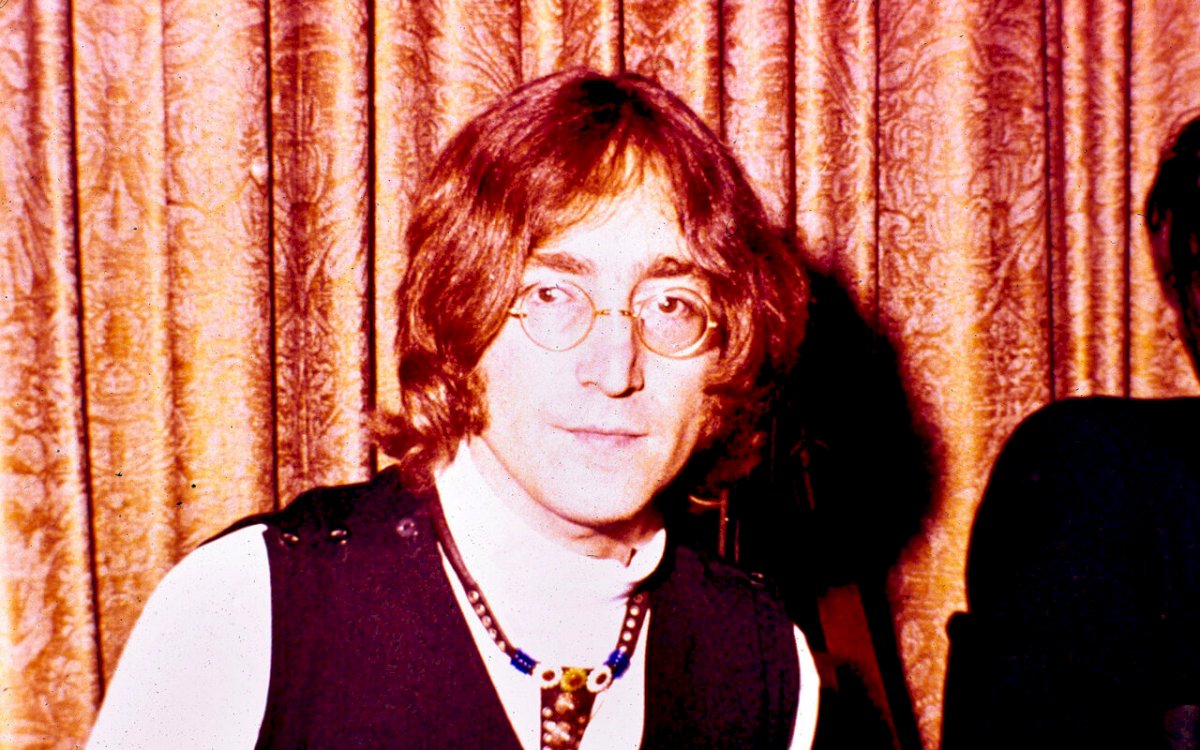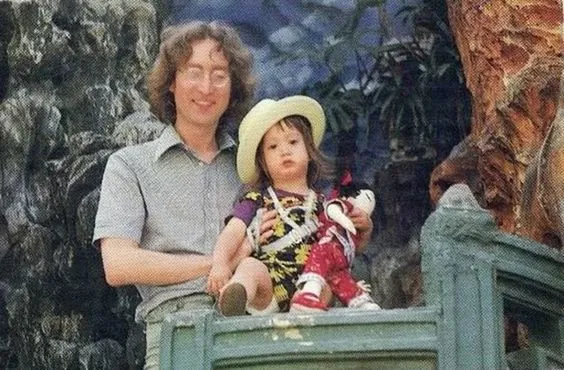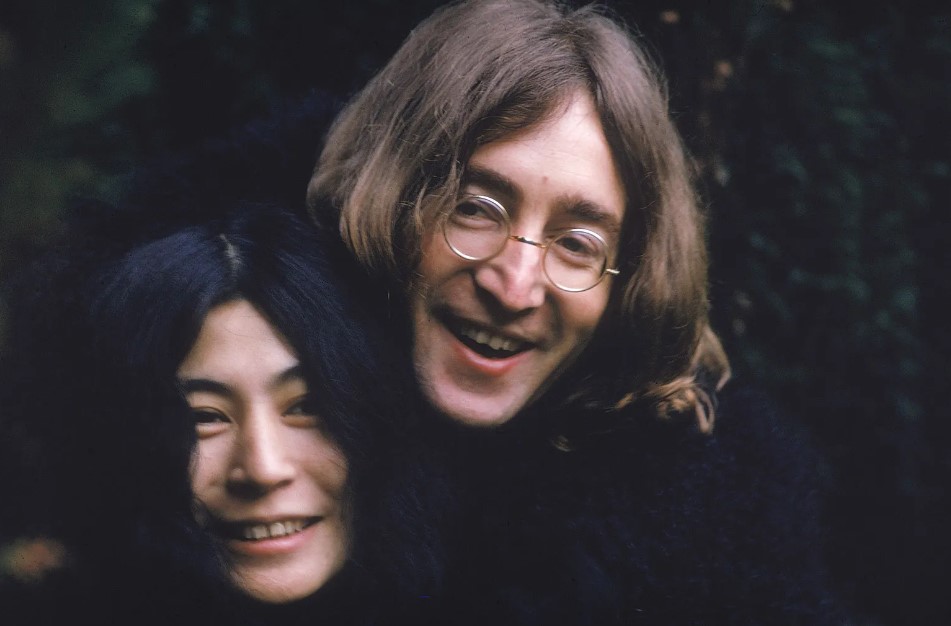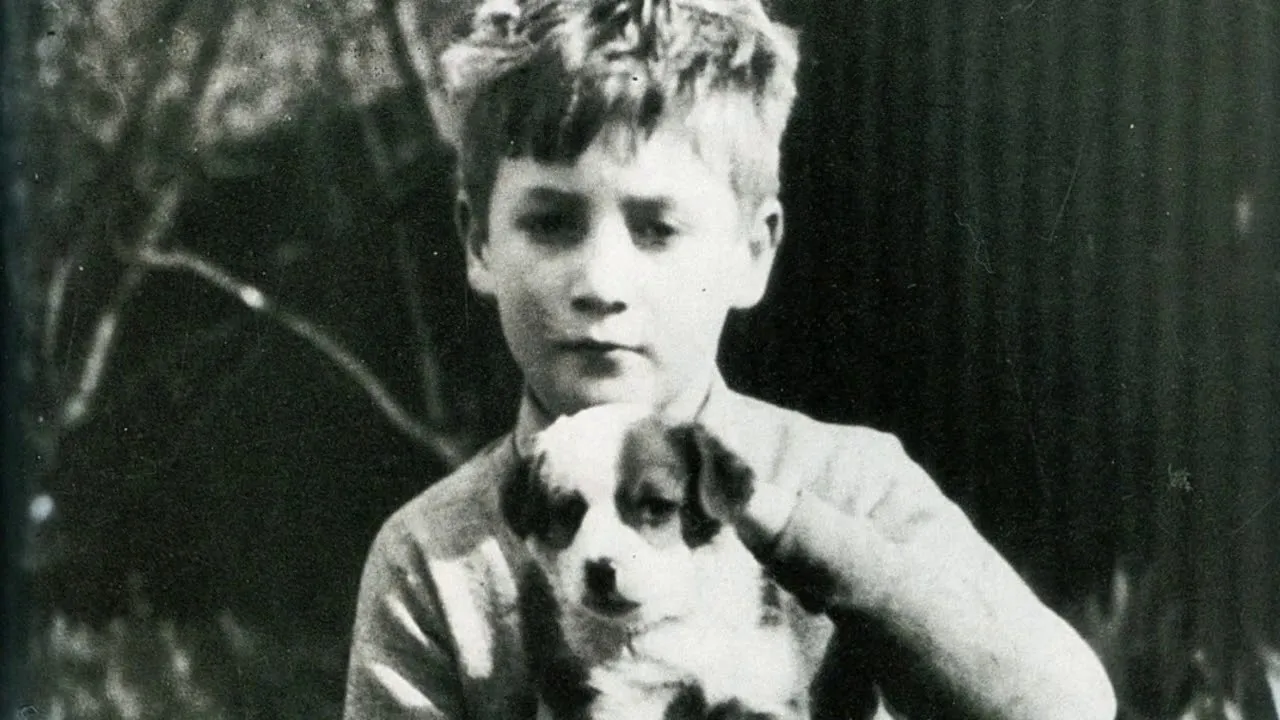The year 1968 was a tumultuous period marked by social upheaval, political unrest, and a cultural revolution that echoed through various artistic mediums. In the midst of this whirlwind, John Lennon, one of the most influential figures in music history, embarked on a unique artistic journey. His foray into the world of literature was manifested in the form of "In His Own Write," a collection of whimsical stories, poems, and drawings. In this article, we delve into John Lennon's insightful talk at the National Theatre in 1968, where he shared his thoughts and experiences related to the creation of "In His Own Write."
(Watch the video below)

Released in 1964, "In His Own Write" marked John Lennon's debut as an author. The book was a departure from his role as the prolific songwriter and singer of The Beatles. The collection, characterized by its surreal and humorous style, showcased Lennon's literary talents beyond the realm of music. Comprising short stories, poems, and quirky illustrations, the book offered a glimpse into Lennon's playful and imaginative mind.
In 1968, John Lennon took the stage at the National Theatre in London to discuss "In His Own Write" in a rare public appearance that transcended his music career. The event, capturing a moment in the cultural zeitgeist, provided audiences with insights into Lennon's creative process, influences, and the intersection of music and literature in his artistic endeavors.
Lennon's decision to venture into literature was not merely a whim but a testament to his evolving artistic identity. The National Theatre talk allowed him to elucidate on the broader concept of artistic expression and how writing became an avenue for him to explore themes and ideas beyond the constraints of song lyrics.

During the National Theatre talk, Lennon delved into the creative process behind "In His Own Write." He spoke about his inspiration, citing the works of Lewis Carroll and Edward Lear, as well as the absurdities of everyday life. Lennon's distinctive wit and humor, evident in his music, seamlessly translated into the written word, creating a tapestry of words and images that mirrored his unique perspective.
Lennon's exploration of literature did not occur in isolation from his musical roots. At the National Theatre, he emphasized the interconnectedness of music and literature, highlighting how both mediums served as vessels for storytelling. His talk underscored the fluidity of artistic expression, transcending conventional boundaries to convey emotions and narratives.
As Lennon discussed individual stories from "In His Own Write," the audience gained deeper insights into his idiosyncratic approach to storytelling. The tales, often absurd and fantastical, reflected his fascination with wordplay, linguistic experimentation, and a keen sense of the absurd. The National Theatre talk became a journey into Lennon's subconscious, where his creativity knew no bounds.
Accompanying his written work were Lennon's whimsical drawings, which added another layer to the storytelling experience. At the National Theatre, he discussed the visual elements of "In His Own Write," shedding light on his artistic vision and the symbiotic relationship between words and images. The drawings, much like his lyrics, became a visual extension of his thoughts and emotions.
"In His Own Write" received mixed reviews upon its initial release, with some critics praising its innovation and others struggling to categorize it within traditional literary norms. However, over time, the book has come to be recognized as a significant cultural artifact, capturing a moment in Lennon's creative evolution and the broader cultural landscape of the 1960s.
Lennon's venture into literature, as exemplified by "In His Own Write," left an indelible mark on the intersection of music and literature. The National Theatre talk served as a pivotal moment in shaping the public's perception of Lennon as a multifaceted artist, capable of transcending the confines of a single medium. His willingness to experiment with various forms of expression paved the way for future musicians to explore new artistic horizons.

John Lennon's National Theatre talk in 1968 offered a rare glimpse into the mind of a musical genius as he navigated the uncharted waters of literature. "In His Own Write" remains a testament to Lennon's ability to transcend artistic boundaries and carve out a unique space for himself in the cultural landscape of the 1960s. The National Theatre talk provided a platform for Lennon to articulate his creative process, share his influences, and, in doing so, solidify his legacy as a visionary artist whose impact continues to resonate across generations.



